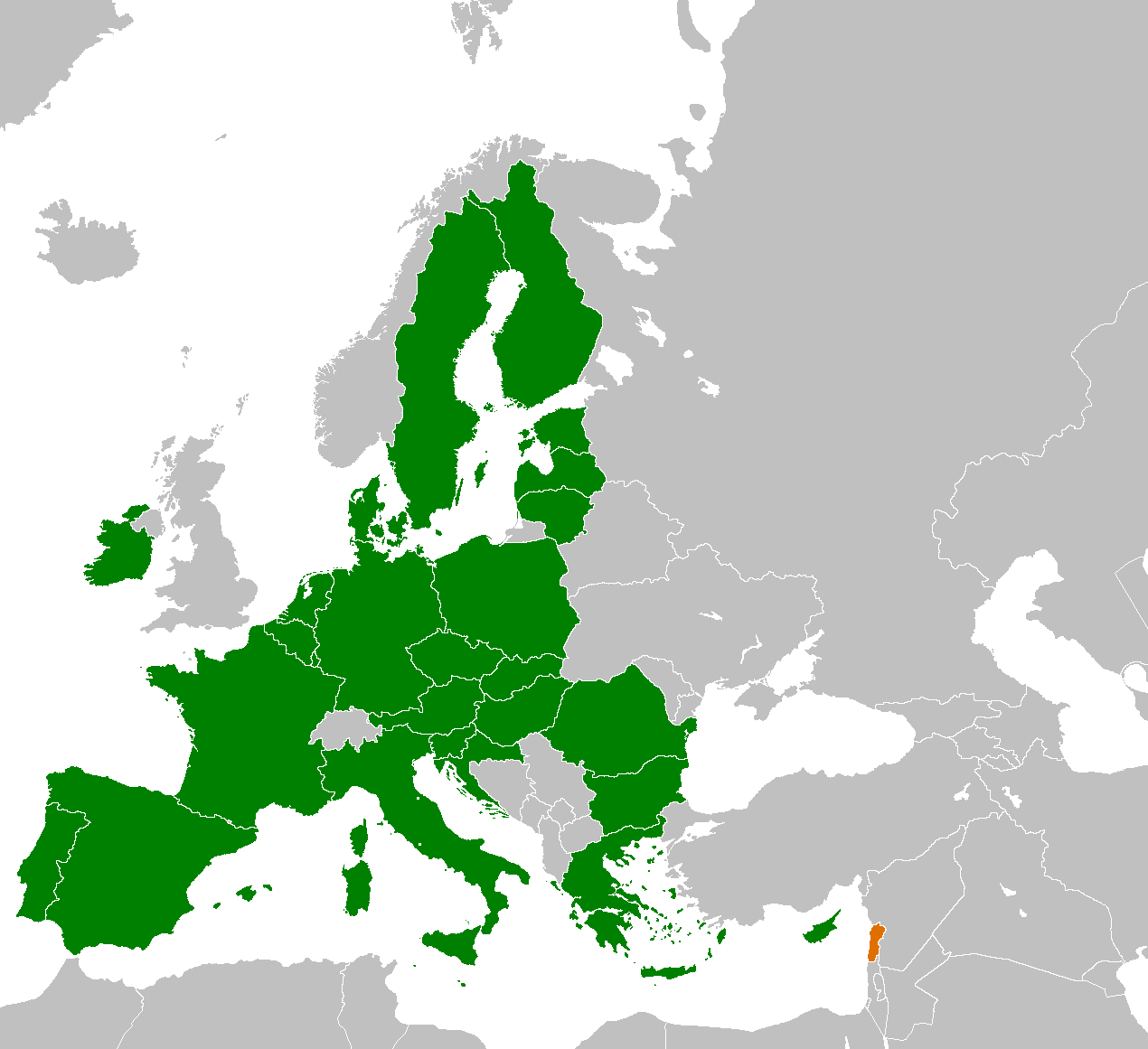
Lebanon has been on the brink of collapse for years, burdened by a crippling financial crisis and a vacuum in political leadership. Recent escalations in armed clashes and sectarian violence have pushed the nation to the edge. Hezbollah, the powerful Shiite militant group backed by Iran, has been playing a central role in the unrest, further complicating the efforts of Western nations to maintain peace in the region. The truce plan, which has been under discussion for several weeks, focuses on fostering dialogue among Lebanon’s fractured political factions while curbing external interventions that could fuel the conflict.
Western diplomats, working closely with regional actors, have been pressing for an immediate ceasefire, while also addressing the root causes of Lebanon's turmoil. The proposal includes both political and economic measures designed to stabilize the country and prevent the situation from spiraling into a broader regional conflict. Diplomats have emphasized the importance of engaging not only Lebanon's government but also key non-state actors like Hezbollah, which wields significant influence in the country.
Lebanon has seen rising violence in border regions, particularly along the southern frontier, where Hezbollah has periodically clashed with Israel. These flare-ups have raised concerns in both Washington and European capitals about the potential for a full-scale war. According to officials involved in the negotiations, the proposed truce aims to secure a halt to hostilities in these hotspots while addressing broader security issues linked to Hezbollah’s role in regional conflicts.
The growing Iranian influence in Lebanon has been a point of contention in the negotiations. US officials have warned that Tehran’s support for Hezbollah, including its supply of advanced weaponry, has emboldened the group and destabilized the region. European diplomats, however, have sought to adopt a more balanced approach, pushing for greater dialogue between Lebanon and its neighbors, including Israel, while also working to contain Hezbollah’s activities through diplomatic channels rather than direct confrontation.
While the US has traditionally taken a harder stance against Hezbollah, advocating for sanctions and military pressure, European nations have been more focused on finding a diplomatic solution that would bring Hezbollah into negotiations. This divergence has been a key challenge in formulating a unified plan, but diplomats on both sides have been working to bridge the gap. The latest iteration of the proposal is seen as a compromise between these two approaches, with an emphasis on containing violence while opening channels for broader regional talks.
Lebanon's political establishment, meanwhile, has been struggling to maintain its authority as economic conditions continue to deteriorate. With rampant inflation, soaring unemployment, and shortages of essential goods, the population has grown increasingly frustrated with the government’s inability to provide basic services. In this context, Hezbollah has positioned itself as a provider of social services and security in certain regions, further complicating efforts by Western powers to isolate the group. The proposed truce plan seeks to address Lebanon’s economic woes through a package of international aid, tied to specific political reforms aimed at curbing corruption and promoting good governance.
However, some experts have raised doubts about whether the plan can be successfully implemented. Lebanon’s deeply entrenched sectarian divisions have made it difficult to form a functioning government, and the presence of multiple armed groups, including Hezbollah, has weakened the central authority. Additionally, the country’s geopolitical significance, situated at the crossroads of Middle Eastern and Mediterranean interests, has made it a battleground for foreign powers seeking to exert influence.
There are also concerns about Israel’s position on the truce plan. The Israeli government has long regarded Hezbollah as a direct threat to its security, given the group’s extensive missile arsenal and its ties to Iran. While Israeli officials have expressed support for efforts to stabilize Lebanon, they remain wary of any agreement that would allow Hezbollah to continue its operations unchecked. In response to these concerns, the plan reportedly includes provisions for a more robust international monitoring mechanism along Lebanon’s southern border, aimed at preventing further clashes between Hezbollah and Israeli forces.
The US, Europe, and their allies are also working closely with the United Nations on the plan. The UN has had peacekeeping forces stationed in southern Lebanon for decades, tasked with maintaining the ceasefire between Hezbollah and Israel following the 2006 war. Under the proposed truce, these forces could see their mandate expanded to include broader peacekeeping duties, as well as overseeing the disarmament of non-state actors in Lebanon.
Despite these diplomatic efforts, the situation in Lebanon remains precarious. Tensions between Hezbollah and other political factions, as well as the group’s ongoing involvement in Syria’s civil war, have created a volatile environment. Meanwhile, the Lebanese Armed Forces, which are officially responsible for maintaining security, are severely under-resourced and have struggled to contain the violence.
Topics
Spotlight
